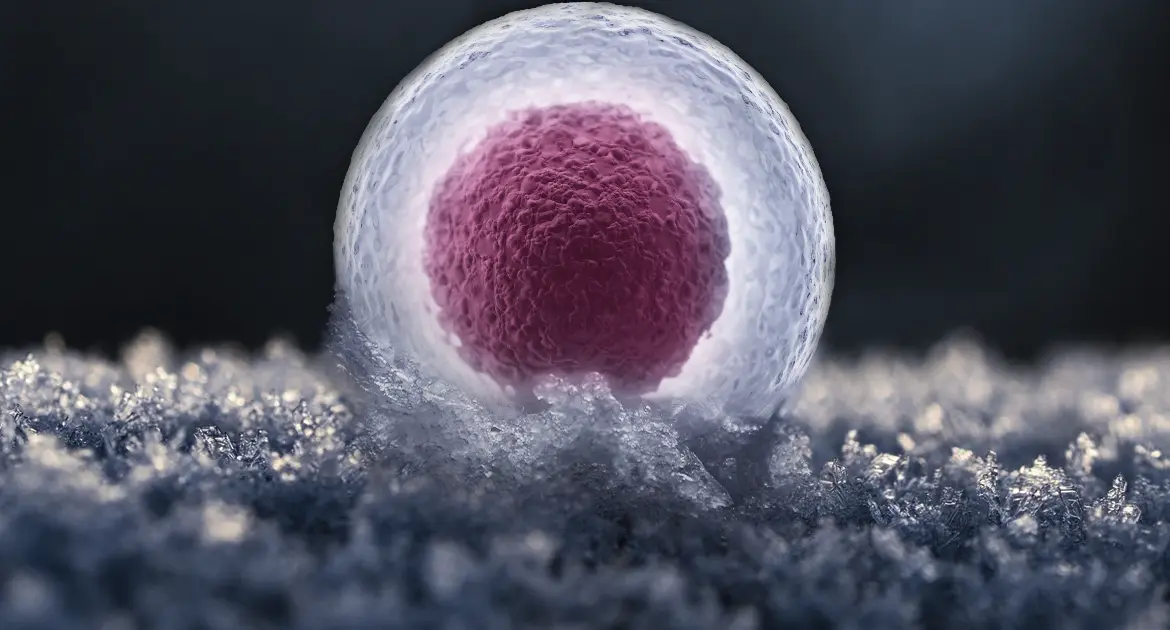Embryo freezing technique, also known as cryopreservation, is a technique used to preserve embryos for future use, offering individuals and couples the opportunity to delay pregnancy while maintaining their chances of conception. This process involves retrieving eggs from a woman, fertilizing them with sperm, and then freezing the resulting embryos for later use. It has become an important option for those facing medical treatments that may affect fertility, such as cancer treatments, or for individuals who wish to delay childbearing due to personal or career reasons. The future chances of pregnancy after embryo freezing technique are generally high, especially if the embryos are of good quality. Success rates depend on factors like the age of the woman at the time of egg retrieval and the quality of the embryos, but advancements in freezing techniques have significantly improved outcomes. However, it is important to note that while embryo freezing increases the likelihood of successful pregnancy in the future, it does not guarantee success, and individuals should carefully consider all factors before undergoing the procedure.
Importance and Timing of Embryo Freezing
Embryo freezing technique is an important fertility preservation method that allows individuals to safeguard their reproductive options for the future. The timing of embryo freezing is crucial, as the success rates are closely linked to the age of the woman at the time of egg retrieval. Younger women typically have higher quality eggs, which can lead to better embryo quality and higher chances of a successful pregnancy later on. For women undergoing treatments like chemotherapy or radiation, freezing embryos before starting treatment can prevent fertility loss. Additionally, those who wish to delay pregnancy for personal or career reasons can benefit from embryo freezing technique, as it offers a way to preserve fertility while giving them the flexibility to have children later in life. It’s essential to consider the timing of this process early, as the quality of both eggs and embryos declines with age, affecting future pregnancy outcomes. Therefore, consulting with a fertility specialist to determine the right time for embryo freezing is an important step for anyone considering this option.
Role of Genetic Testing in Frozen Embryo Transfer
Genetic testing plays a significant role in frozen embryo transfer (FET) by ensuring that only the healthiest embryos are selected for implantation, which can increase the chances of a successful pregnancy and reduce the risk of genetic disorders. One of the most common methods of genetic testing is preimplantation genetic testing (PGT), which can be used to screen embryos for chromosomal abnormalities, such as Down syndrome, or specific genetic conditions like cystic fibrosis. By identifying and selecting embryos with the correct number of chromosomes or without known genetic disorders, PGT helps improve the chances of a healthy pregnancy and birth. Additionally, genetic testing can be particularly beneficial for couples with a history of genetic conditions, those who have had multiple miscarriages, or women of advanced maternal age. It allows for the transfer of genetically healthy embryos, minimizing the risk of failed implantation or pregnancy complications. While genetic testing adds an extra layer of precision to the FET process, it is important for individuals to discuss the benefits and potential risks with their fertility specialist to make informed decisions.
In conclusion, embryo freezing and genetic testing play a crucial role in modern fertility treatments. Embryo freezing offers individuals the opportunity to preserve their chances of future pregnancies, while genetic testing helps select healthy embryos, thereby increasing the chances of a successful pregnancy. Genetic testing allows for the early detection of chromosomal abnormalities and genetic disorders, reducing the risk of complications and ensuring a healthier pregnancy and birth. The combined use of embryo freezing and genetic testing provides significant advantages, especially for those facing medical treatments or women wishing to delay childbearing. However, it is essential to consult with a fertility specialist to determine the most suitable options for each individual.


